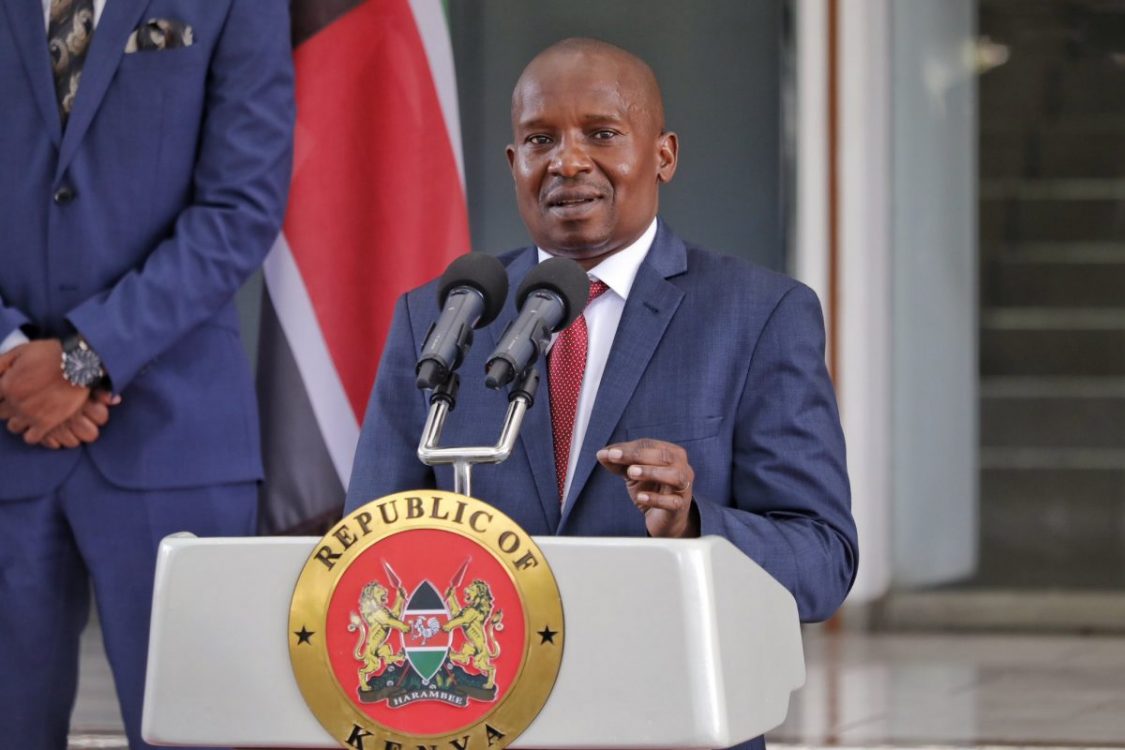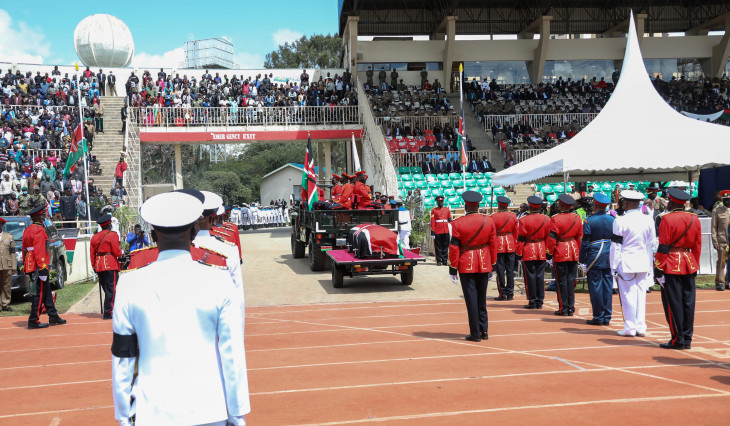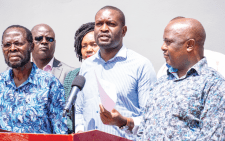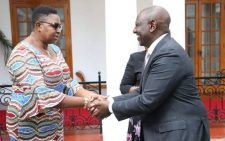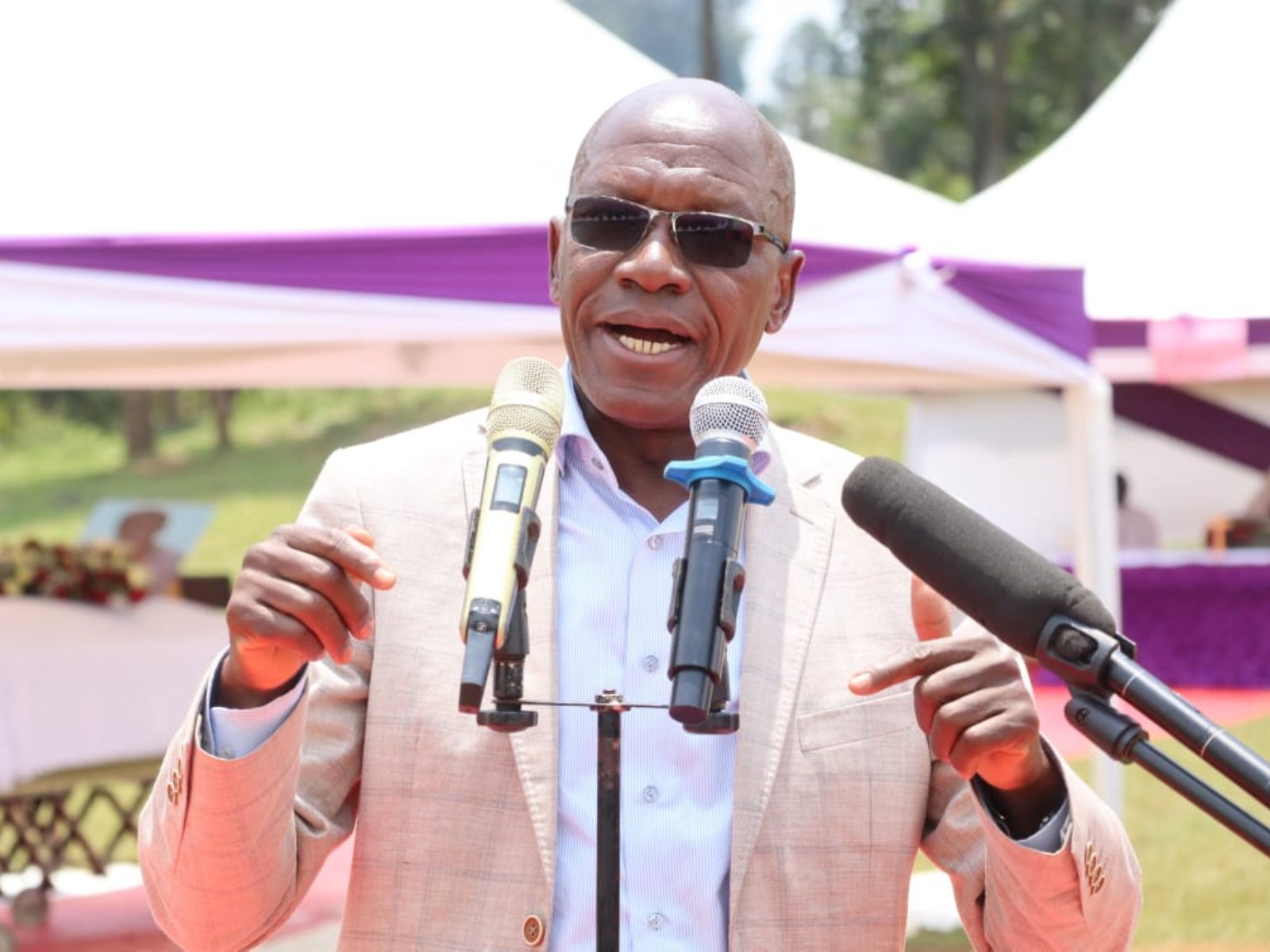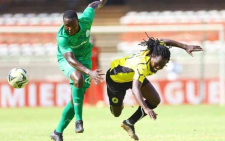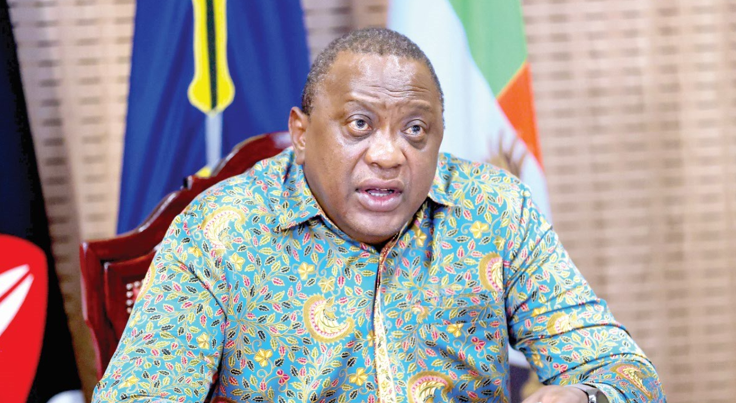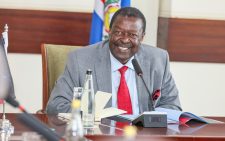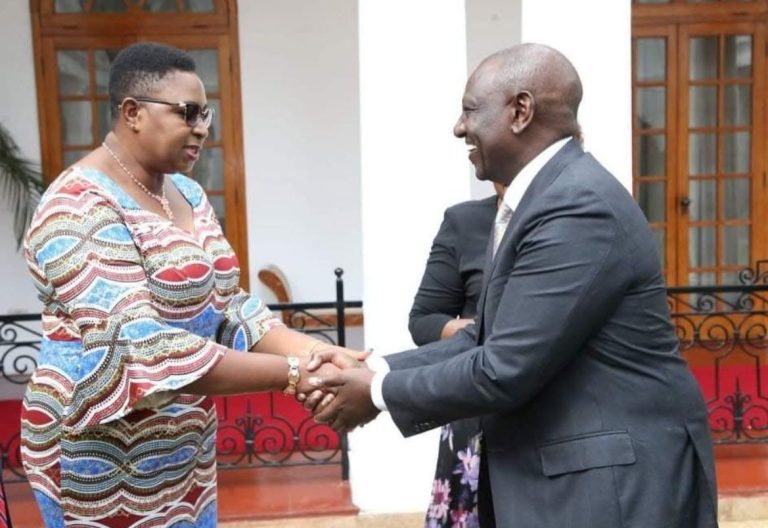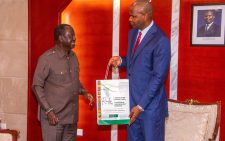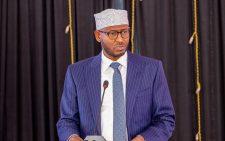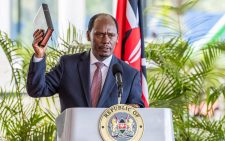Imanyara: As Opposition leader, Kibaki failed to keep Moi’s regime in check
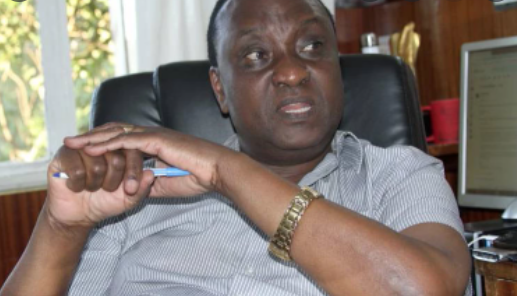
Mwai Kibaki has been described by his critics as an Opposition leader who did not keep the government in check during President Daniel arap Moi rule.
Former Imenti Central lawmaker Gitobu Imanyara said as an insider in both President Jomo Kenyatta’s and Moi’s administrations, he did not perform to the expectations of his office.
“As an insider in both Kenyatta and Moi eras, Kibaki was uniquely placed to play a greater role to ensure accountability as a central tenet of a democratic culture but sadly, he failed to fulfil this role,” said Imanyara.
The former Othaya MP founded the Democratic Party in 1991 as a conservative political party, where he was the chairman until 1992.
Kibaki became Kenya’s opposition leader after the 1997 General Election, in which he became second with 1.9 million votes in an election that the late President Moi won with 2.5 million votes.
Early in 1998, Kibaki took a petition against Moi to court, having served him by publishing the notice of the petition in the Kenya Gazette.
However, judges Emmanuel O’Kubasu, Mbogholi Msagha and Moijo ole Keiwua ruled that Kibaki should have served Moi with the petition personally. The three- judge Bench position was upheld at the then-highest court, Court of Appeal by the then Chief Justice Benard Chunga, judges Riaga Omollo, A.B Shah, Abbas Lakha and Effie Owuor.
Kibaki served as an opposition MP from 1992 to 2002 and as the Leader of the Official Opposition in Parliament from 1998 to 2002.
“I am inheriting a country which has been badly ravaged by years of misrule and ineptitude. There has been a wide disconnect between the people and the government,” he said during his swearing in as the third president in 2002.
Kibaki and Moi knew each other well because the former had served as his vice president for 10 years before their relationship turned sour.
“He (Moi) became a different person, he entrenched tribalism. He just closed his mind, he became a different human,” said Kibaki then.
Kibaki had made the issue of corruption, along with deteriorating economy and infrastructure the cornerstone of his campaign in the 1997 polls.
“The main thing with corruption in Africa, not just Kenya…is it has to be fought from the top. So long as the president receives bribes, he cannot fight corruption. And that is where the game must begin.”
At the time, political analysts argued that Kibaki’s greatest appeal to voters was his economic background.
Kibaki’s stump speeches reminded voters of the nation’s economic turmoil and crumbling infrastructure.
“They’ve been stealing our money for the last five years,” he told a crowd. “And during these years, despite all the money that’s been collected in taxes, no road has been built.”
